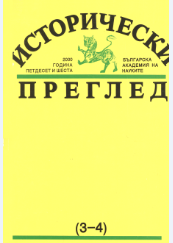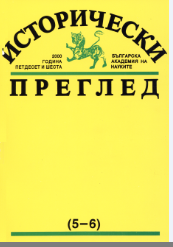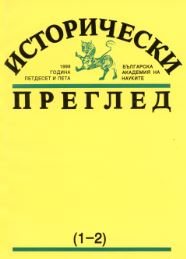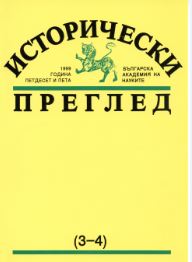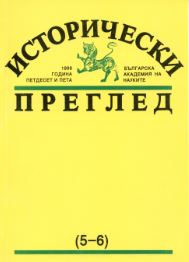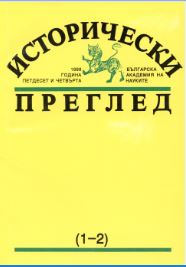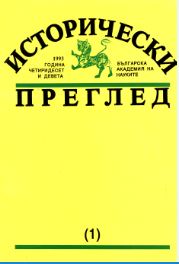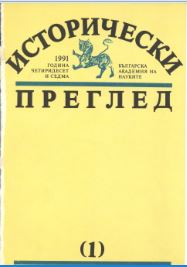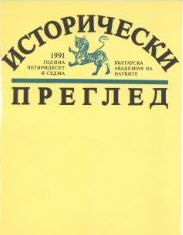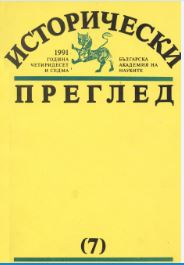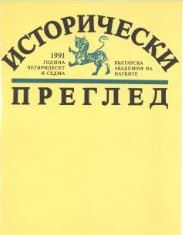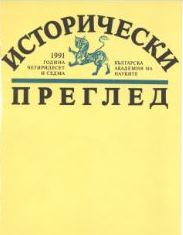
Организации и обществено-политически изяви на българските студенти в чужбина (1886–1894)
During the period under review in the university centers of Western and Central Europe consolidated and developed the already established Bulgarian student societies, such as “Fraternity” in Geneva, “Fraternity” in Paris, etc. New ones were also established, among which stood out the “Fraternity” society in Lausanne and the “Balkan” society in Vienna. Organizations of a purely mutual benefit character also emerged. A new phenomenon were the socialist organizations set up by Bulgarian students at the West European university centers. The situation in Russia, governed by police methods, was totally different: the organizations created previously discontinued their existence; the attempt to form a student fund also failed. Changes took place also in the socio-political manifestations of the students. Their accent now was put on Bulgarians internal political development - for example the campaign against the amendment to the Constitution. The students on the whole shaped an independent line of conduct. At first, they backed Premier St. Stambolov, believing that he personified the country’s defence against external danger and its independent development. Later, when the regime grew ever more dictatorial and the need for Bulgaria’s democratization came to fore, a negative attitude to the former idol took shape. Specific were the activities of the socialist students - an ideological, doctrinaire orientation was characteristic of them. The most essential change in the organizational and socio-political development of the Bulgarian students during the period under review was the split on an ideological basis. The socialist students did not remain alien to the conspiratorial methods of action and instead of nationalism embraced nihilism and internationalism.
More...
